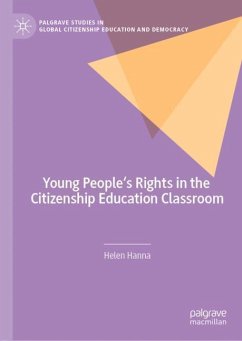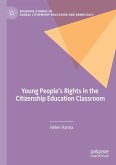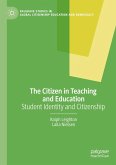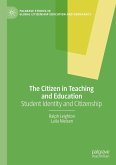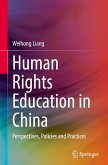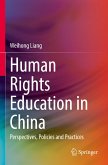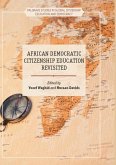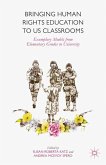This book explores the rights held by young people in the citizenship education classroom in the divided societies of Northern Ireland and Israel. Against the backdrop of a long history of protracted conflict and division, the author analyses how international rights obligations are reflected in the contested citizenship education curriculum in secondary schools. Drawing upon extensive qualitative data as well as policy and curriculum documents, the author reveals that understandings of education rights can be oriented around three themes - minority group representation in the curriculum, dealing with difference through pedagogy, and preparing young people for life in a (divided) society. This can be mapped onto the 42-A rights framework where education should be 'acceptable' and 'adaptable'. However, the variety of interpretations held by participants raises questions regarding the 'universality' of international frameworks for education rights, and the workability of such frameworksin the national and divided contexts. While the contexts of Northern Ireland and Israel have much in common, they are rarely compared: this book will show that their comparison is as relevant as ever, as issues of identity continue to affect everyday school life. This book will be of interest to citizenship and history education scholars, as well as those who are concerned with the application of international human rights law.

